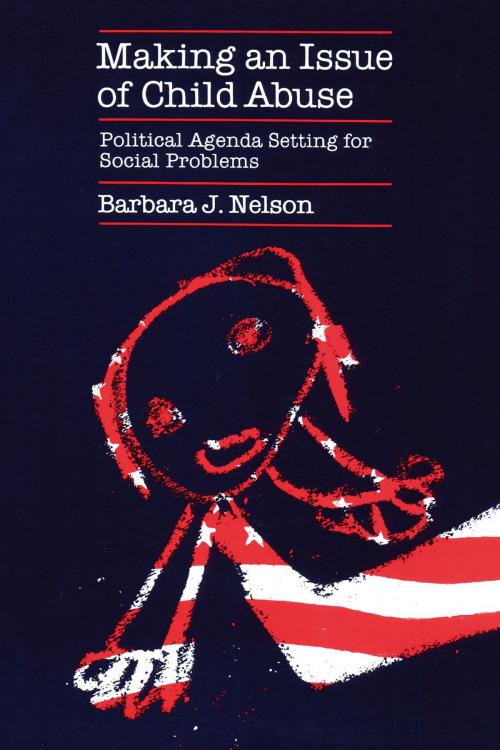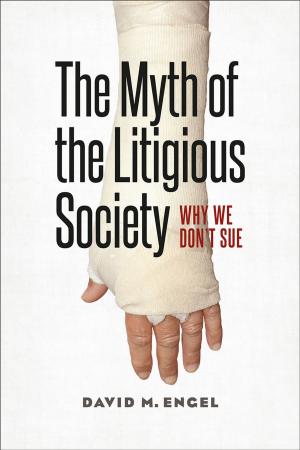Making an Issue of Child Abuse
Nonfiction, Social & Cultural Studies, Political Science, Politics, Social Services & Welfare, Family & Relationships, Family Relationships, Abuse| Author: | Barbara J. Nelson | ISBN: | 9780226220017 |
| Publisher: | University of Chicago Press | Publication: | April 23, 2016 |
| Imprint: | University of Chicago Press | Language: | English |
| Author: | Barbara J. Nelson |
| ISBN: | 9780226220017 |
| Publisher: | University of Chicago Press |
| Publication: | April 23, 2016 |
| Imprint: | University of Chicago Press |
| Language: | English |
In this absorbing story of how child abuse grew from a small, private-sector charity concern into a multimillion-dollar social welfare issue, Barbara Nelson provides important new perspectives on the process of public agenda setting. Using extensive personal interviews and detailed archival research, she reconstructs an invaluable history of child abuse policy in America. She shows how the mass media presented child abuse to the public, how government agencies acted and interacted, and how state and national legislatures were spurred to strong action on this issue. Nelson examines prevailing theories about agenda setting and introduces a new conceptual framework for understanding how a social issue becomes part of the public agenda. This issue of child abuse, she argues, clearly reveals the scope and limitations of social change initiated through interest-group politics. Unfortunately, the process that transforms an issue into a popular cause, Nelson concludes, brings about programs that ultimately address only the symptoms and not the roots of such social problems.
In this absorbing story of how child abuse grew from a small, private-sector charity concern into a multimillion-dollar social welfare issue, Barbara Nelson provides important new perspectives on the process of public agenda setting. Using extensive personal interviews and detailed archival research, she reconstructs an invaluable history of child abuse policy in America. She shows how the mass media presented child abuse to the public, how government agencies acted and interacted, and how state and national legislatures were spurred to strong action on this issue. Nelson examines prevailing theories about agenda setting and introduces a new conceptual framework for understanding how a social issue becomes part of the public agenda. This issue of child abuse, she argues, clearly reveals the scope and limitations of social change initiated through interest-group politics. Unfortunately, the process that transforms an issue into a popular cause, Nelson concludes, brings about programs that ultimately address only the symptoms and not the roots of such social problems.















